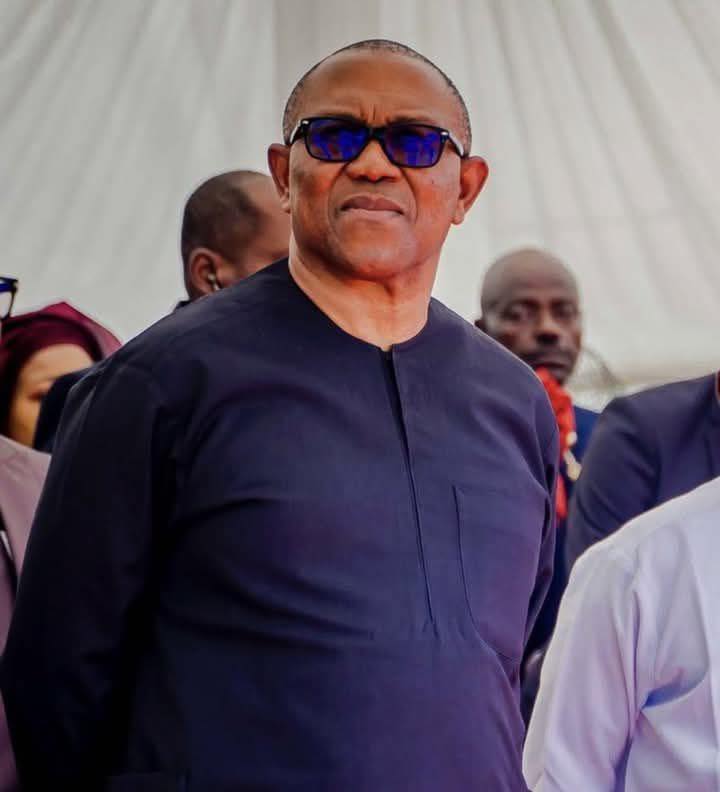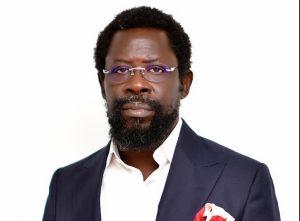BREAKING: Peter Obi Withdraws From All Political Coalitions Ahead of 2027 Elections
In a seismic political shift that has sent shockwaves through Nigeria’s political landscape, former presidential candidate and leader of the Labour Movement, Mr. Peter Obi, has announced his withdrawal from all political coalitions ahead of the 2027 general elections. The announcement came through a statement released by Obi’s media team on Wednesday morning, marking a dramatic departure from months of speculation that he would spearhead a united opposition alliance against the ruling All Progressives Congress (APC).
Peter Obi, who won critical acclaim and a strong youth following during the 2023 presidential elections, cited his unwavering commitment to the Nigerian people as the primary reason for stepping away from coalition talks. In his brief but pointed statement, he asserted that his faith remains “in the people, not in the convenience of political marriages that may lack principle or direction.”
The former Anambra State governor’s decision comes at a crucial time. Opposition parties and influential political figures have been engaged in intense backdoor discussions in recent months, exploring the formation of a grand coalition to mount a formidable challenge to the APC in 2027. Many political analysts had assumed that Obi, given his popularity and clean image, would naturally emerge as a consensus candidate in such a coalition.
However, sources close to the Labour Party leader suggest that Obi became disillusioned with the transactional nature of many of these discussions. One aide, who preferred anonymity, noted, “He felt the energy was not about Nigeria but about power sharing.”
Peter Obi has positioned himself not only as a political candidate but also as a moral compass for Nigeria’s youth and disenchanted electorate. His decision to go solo may seem like a gamble, but to his supporters, it underscores a consistent philosophy: a politics of principle over power.
Obi’s performance in the 2023 election, where he finished third but galvanized a historic movement largely powered by young Nigerians, demonstrated the potential of an alternative politics not rooted in traditional alliances. Many observers believe his current path could either consolidate his brand or risk political marginalization.
YOU MAY READ
Peter Obi Slams NAFDAC Over ₦700,000 Fee to Reopen Shops in Onitsha: A 3,000-Word In-Depth Report on Regulation, Accountability, and the Plight of Nigerian Traders
The reactions have been swift. Some political commentators have praised Obi’s boldness. “It takes courage to walk away from potentially lucrative alliances because they lack integrity.
Others, however, caution that in Nigeria’s current political climate, coalitions are essential for electoral success. “No matter how popular a candidate may be, Nigeria’s elections are still structured around party dominance and vote blocks,” noted Raymond Ekpu, a veteran journalist.
On social media, reactions are mixed. Supporters praised his decision, hailing it as an act of courage. Critics, however, argue that Obi may have just weakened the opposition’s chances by splitting the vote.
Obi’s new strategy reportedly includes a focus on grassroots mobilization, policy-driven town halls, and the use of technology for outreach. His team is expected to roll out a detailed national engagement plan within the coming months. A senior aide hinted that Obi’s next moves will prioritize civic education and youth inclusion.
Political observers say that whether Obi’s decision will pay off depends on several variables: the strength of the APC, voter turnout, election transparency, and the behavior of other opposition players. Notably, the People’s Democratic Party (PDP) has not yet responded to Obi’s withdrawal, but insiders suggest that the party may be forced to recalibrate its 2027 strategy.
Peter Obi’s path echoes past political disruptors, both within Nigeria and globally, who chose independence over alliance. His current journey bears some resemblance to the trajectory of Aminu Kano in the Second Republic or even contemporary figures like Emmanuel Macron, who successfully defied France’s political establishment.
But unlike Macron, Obi faces the daunting realities of Nigeria’s ethnically sensitive and monetized political system. Whether a grassroots campaign can overcome the entrenched might of old-guard structures remains to be seen.
Despite the risks, Obi’s decision taps into the sentiments of a politically awakened youth population. With the 2023 election widely seen as a watershed moment for youth participation, many young voters are likely to stay aligned with Obi’s ideology, if not with his political methods.
As Nigeria inches toward 2027, Peter Obi’s latest move will likely redefine opposition politics in the country. His withdrawal from political coalitions may either embolden a new era of candidate-centered politics or highlight the limitations of idealism in a structurally rigid political system.
Still, his statement that “power belongs to the people, not politicians” will resonate in a nation craving authenticity and leadership.
With his solo path, Peter Obi is not just preparing for an election; he is preparing for a generational confrontation between two visions of Nigeria’s future: one driven by transactional politics, and the other rooted in ideals.
Whether history will judge this as a masterstroke or a misstep remains to be seen. But for now, the political landscape has been jolted—and the race to 2027 has truly begun.
While your concern is noted, there’s no need to fear coalitions—they are not a sign of weakness, but a demonstration of political maturity. Coalitions are built on shared values and collective purpose, not on desperation. In a diverse country like Nigeria, the need for a united front is not just strategic, it’s essential. A coalition allows different voices to come together, providing a broader base of ideas, experiences, and regional representation.
Peter Obi has not walked away from the idea of collaboration; he remains a part of the wider movement seeking to rescue Nigeria from the deepening crises brought on by APC misrule. Choosing to define his political identity independently does not mean he has closed the door to future alignment. Rather, it signals a desire to build a solid base first before engaging in alliance on his own terms. That is a wise and thoughtful move, not an abandonment of unity.The coalition is bigger than any one individual—it’s a collective effort by patriotic Nigerians determined to rebuild the nation. It is not about who leads or who steps aside; it is about forming a credible and competent alternative to the status quo. Those involved in the coalition understand that personal ambition must be secondary to the national interest. That is why the movement continues to grow and gather momentum.
In the end, the goal is to rescue Nigeria from economic collapse, insecurity, and division. The coalition is the best path to achieving that. Rather than frame this moment as a setback, it should be seen as part of the negotiation and evolution necessary in any democratic space. No one is afraid of coalition—we welcome it, and Peter Obi, whether within or alongside, remains part of the broader vision for a new Nigeria. – Adekola Adeoye





